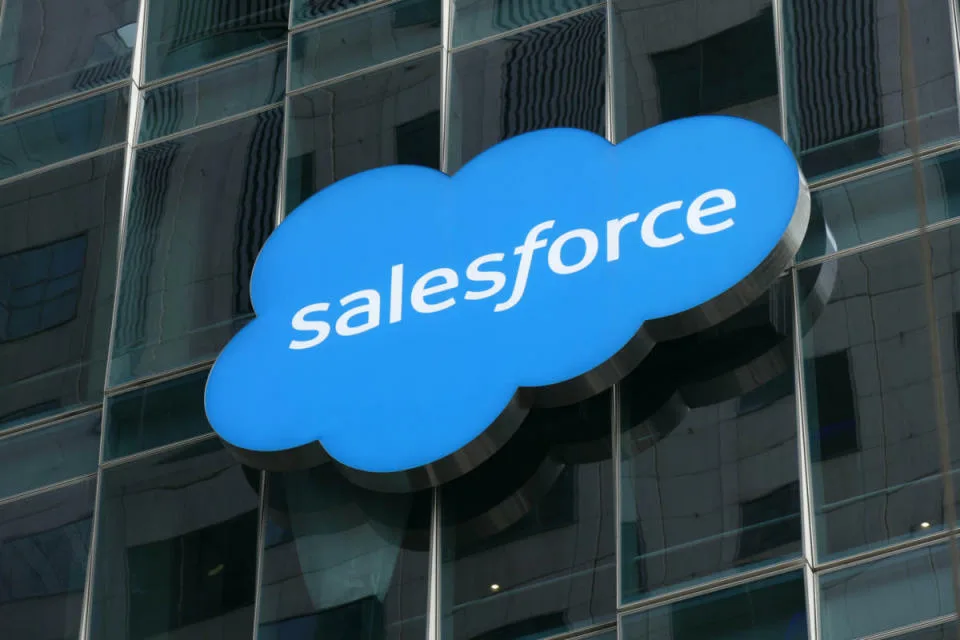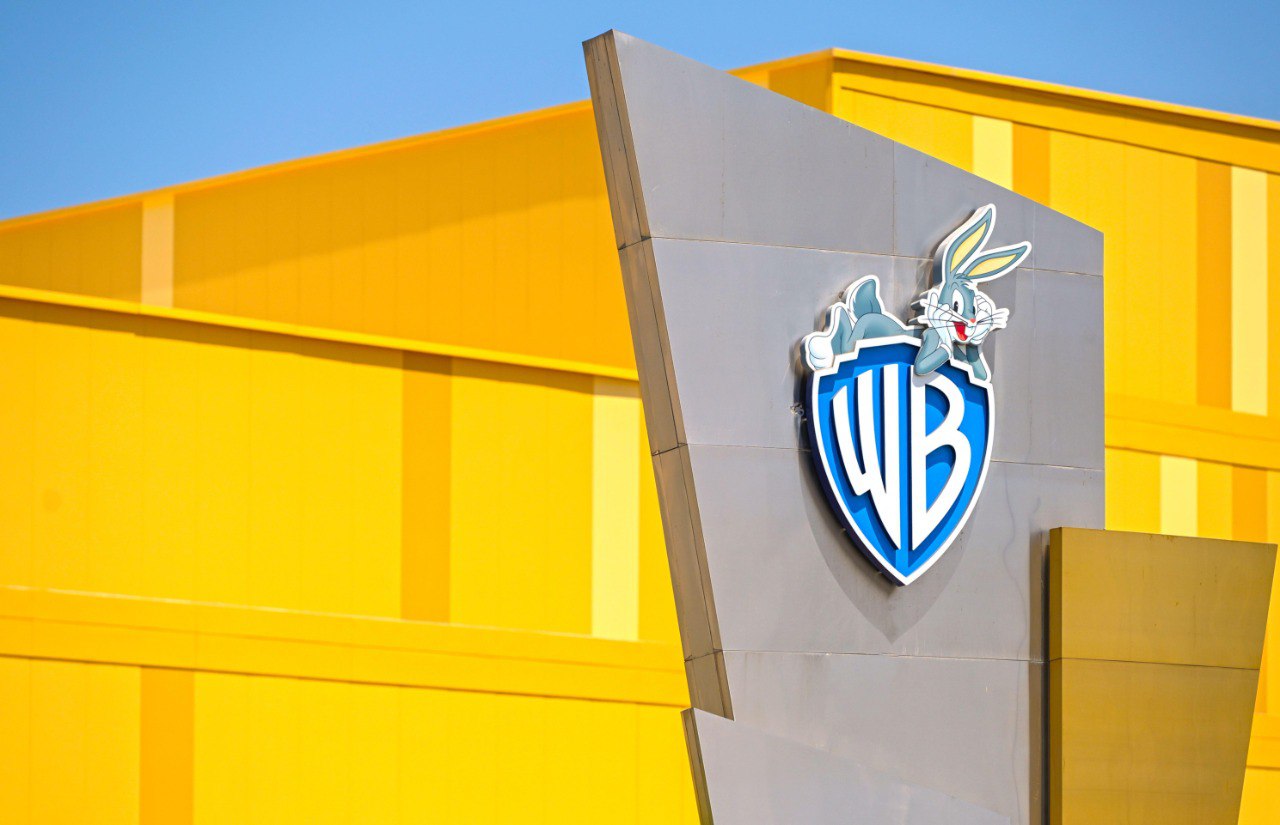In the artificial intelligence industry, the competition for leading researchers is intensifying. Meta actively attracts specialists from OpenAI, including recognized experts in the field of large language models. Against the background of the company's efforts to strengthen the team and increase the competitiveness of its own flagship Llama 4, personnel transfers are becoming strategic.
Trapit Bansal, one of the leading OpenAI researchers, as well as Shengjia Zhao, Jiahui Yu, Shuchao Bi, and Hongyu Ren are among the new entrants. According to various sources, Meta has already attracted at least eight specialists who previously worked on key components of generative models. The scale of the poaching indicates that the company is making a comprehensive attempt to restructure its generative AI direction.
The transition comes amid mixed reactions to the release of the Llama 4 language model. Despite high expectations, the product did not demonstrate a convincing superiority in comparative tests and received criticism for using a specific model configuration when passing popular benchmarks. Against this background, Meta is increasing its focus on developing its own research team, focusing on attracting specialists with experience in transformer architecture, scalable computing, and multimodal systems.
Public rivalry between companies is accompanied by comments from top management. OpenAI CEO Sam Altman said that Meta offers subscription bonuses of up to $ 100 million, adding that "the best specialists still remain." In response, Meta chief Technology Officer Andrew Bosworth said the structure of the offers was "significantly more complex" than just a lump sum payment.
Financial conditions remain a subject of speculation. However, the industry believes that the competitiveness of the compensation package, including options, bonuses and intellectual property terms, is a key factor in deciding whether to change employers for highly qualified professionals.
The industry of large language models is becoming the arena not only of a technological race, but also of a battle for talent. Companies with key human resources and the ability to scale computing power gain a strategic advantage in developing next-generation AI products. In this fight, Meta demonstrates a willingness to take aggressive steps to reduce the backlog and seize the initiative.













